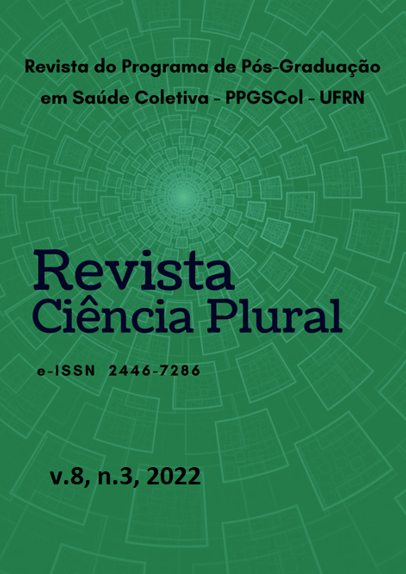“Blood”: Demystifying hematology through study cycles in the context of teaching-research-extension integration
DOI:
https://doi.org/10.21680/2446-7286.2022v8n3ID28726Abstract
Introduction: Community-aimed programs of universities can contribute to critical and reflexive training processes, mobilizing skills essential for healthcare. They must also enable transformative relationships between the university and society. The project “Blood” supported an action research cycle to facilitate the development of workshops on the interpretation of blood count tests. Objective: To describe the outcomes of the project “Blood” in the teaching-learning process of hematology content. Methodology: over the year 2017, topics related to hematology (diagnosis and management of anemia, clotting disorders, and hematological neoplasms; as well the criteria for referral to specialized care proposed by the Brazilian Ministry of Health) were addressed in weekly self-managed discussions, using a flipped classroom strategy implemented by the participating students. Thus, the goal was the sharing of knowledge and working on relational and communication skills. Results: two workshops on the interpretation of blood count tests were presented in national scientific events by students of medicine and nursing, using a pedagogical framework of problematization. Cognitive and relational competences for planning a continued education workshop for Primary Care professionals were also developed. Conclusions: The project “Blood” made it possible for the participants to work on technical, intellectual, interpersonal and intrapersonal skills, leading to an immediate outcome of two events of continuing education aimed at the community, thus fulfilling the essence of university community projects.
Keywords: Community-Institutional Relations. Medical Education. Nursing Education. University Extension.
Downloads
Downloads
Published
How to Cite
Issue
Section
License
Copyright (c) 2022 Revista Ciência Plural

This work is licensed under a Creative Commons Attribution-NonCommercial-ShareAlike 4.0 International License.
À Revista Ciência Plural ficam reservados os direitos autorais referente a todos os artigos publicados.

 Português (Brasil)
Português (Brasil) English
English Español (España)
Español (España)













